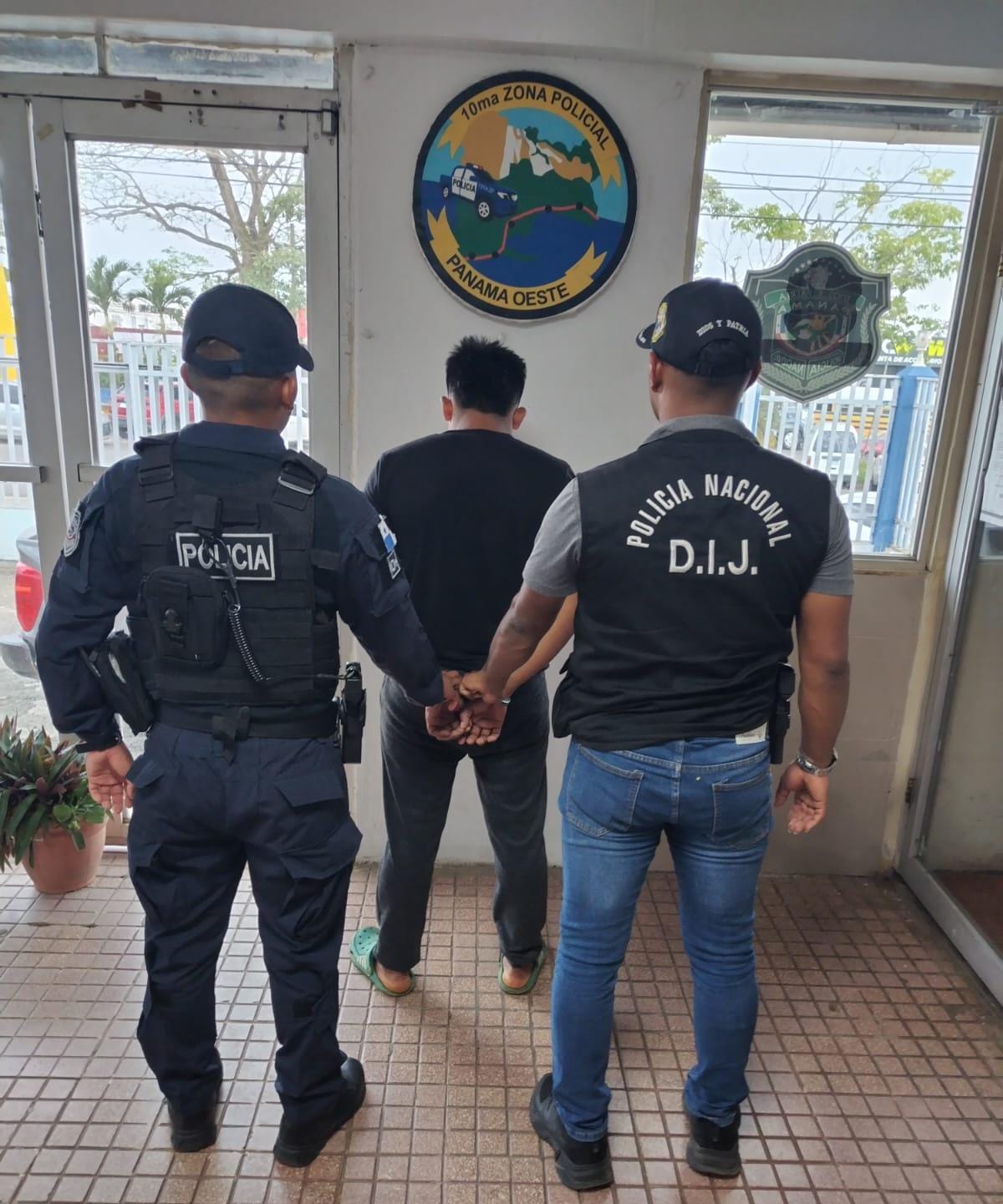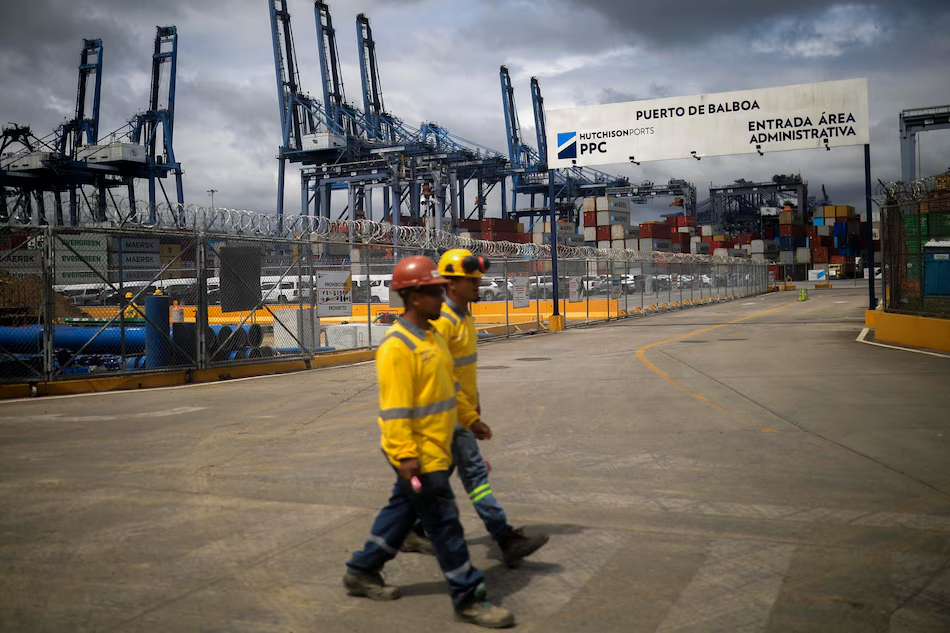Sexual discrimination in Panama continues

WHEN a Panamanian writer and university professor arrived in his home country for the International Book Fair. Immigration officials at Tocumen refused to recognize his family.

Javier Stanziola a three times winner of the Ricardo Miró Prize, the country’s highest literature award, and former professor at the universities of Leeds in England, and the West Florida and Florida Gulf Coast in the United States, came with his partner Harris to whom he has been legally married since 2005, and a son. He hit a barrier when immigration officials prevented his entry because the official in charge felt that their marriage was not legal in Panama says a La Prensa report.
Under this argument, Harris could not enter the country as family, as in Europe and the US but as a tourist.
"When I explained that back in England I was married, the official said, “ Aha, there yes, but not here" says Stanziola . This, without knowledge of the social and political movements that occur outside the country,
On his blog javierstanziola.blogspot.co.uk. the writer says: "The customs agents in Houston, United States, who are reputed to live in the nineteenth century, did not blink when my son called me Dad and we declared ourselves as a family (at the airport). But in Panama, according to the opinion of the official, I have no family,"
After, trying to explain his situation, Stanziola the official discussion only ended when Harris took his arm.
To reduce this type of discrimination, says La Prensa, the Panamanian Government, together with other 37 countries members of the Economic Commission for Latin America and the Caribbean (ECLAC), signed on Thursday of last week the Montevideo Consensus on Population and Development.
Among other points, this document states that the undersigned will promote the collective rights of LGBT (lesbian, gay, bisexual and transgender).
In addition the document paper also addressed other issues of vulnerable populations such as Afro-indigenous and women.
Among the points agreed, wasthat members of these groups suffer from different types of violence.
The paper describes assaults on girls, women and LGBT people as "a critical indicator of marginalization, inequality, exclusion and discrimination."
The Montevideo Consensus indicates that discrimination and violence based on sexual orientation and gender identity puts the LGBT in a position of vulnerability, preventing equal access to the full exercise of citizenship.
The document states that in Latin America there is still stigma and discrimination against LGBT people living with human immunodeficiency virus HIV / AIDS.
In addition to the signing countries, the document has the signatures of representatives of 260 NGOs, 24 international organizations and sponsoring of the UN Population Fund (UNFPA).
Parallel to these efforts, is the promotion of human Rights through the international campaign "Free and Equal" Office of the High Commissioner of the UN.
Carmen Rosa Villa, regional representative for Central office of the organization, says "Discrimination should be punished. States should adopt rules in this regard, we are all human beings and must be treated equally.”
Asked about theMontevideo convention, Ricardo Beteta, leader of the Association of Men and Women of Panama (AHMNP), does not believe that during the present administration major changes have been made in the field of promotion of human rights of these groups .
"On July 4, at the home of U.S. Ambassador, I approached President, Ricardo Martinelli, and asked him to support our Bill 205 prohibiting discrimination on sexual orientation and gender identity.He shut me down and ssaid he was not interestd in that subject.”





